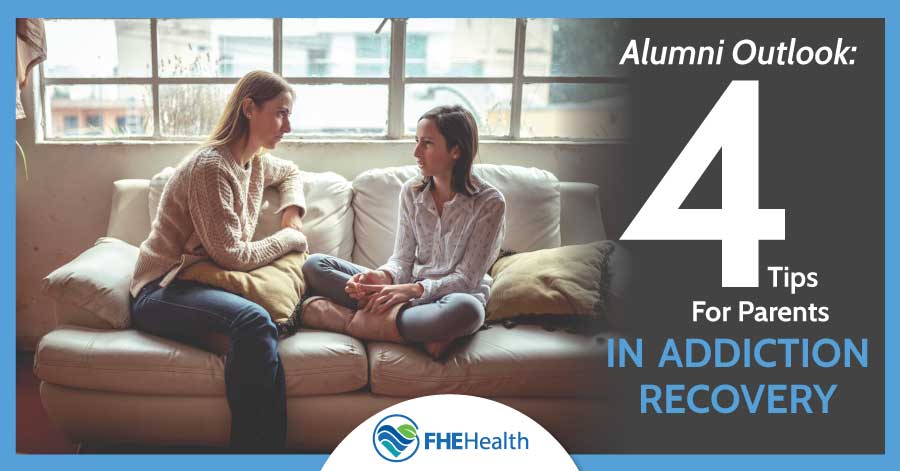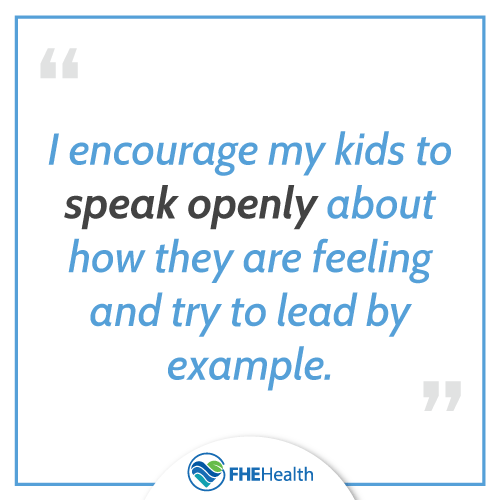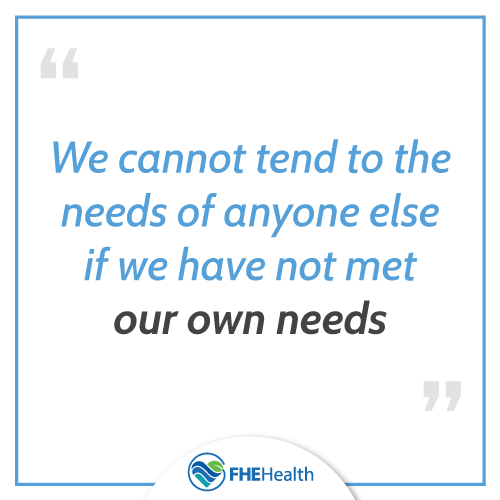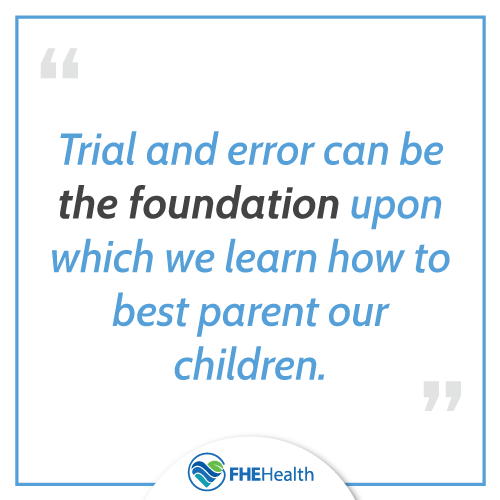
Of all the gifts that have come to fruition in my recovery, the ability to show up and be the best mother I can be is by far my favorite. When I think of the things I’m most grateful for, my kids instantly come to mind — talk about undeserving. Before getting sober, I was an absolute mess. I couldn’t take care of myself, much less another human. In active addiction, I truly believed I was the best mom. After all, my son had food, shelter, clothes, and went to Pre-K daily. I disguised my addiction by maintaining the appearance that life was great. The truth is, I was emotionally unavailable, lacking patience, irritable, restless, and completely discontent. I was so far away from being the mother my son deserved. I had a fractured sense of self, that spilled over into every area of my life… most specifically into my parenting.
Most of us carry on the legacy left behind by our parents — sometimes subconsciously. How many times have we said, “Oh I’ll never be like my parents’? As time passes, I am learning that my parents did the best they could with what they had. I’ve also learned that I can take the attributes and good parenting skills I’ve learned from my parents and leave the rest. Parenting, in sobriety, can be challenging and seemingly overwhelming. As we grow in our recovery, we can apply the principles we learned from the 12-Steps and apply the formula to our everyday lives. Here are 5 helpful tips for parents in recovery.
Honesty is the Best Policy
I was away from my son for almost a year before we reunited. I can only imagine the confusion and heartbreak he must have felt. Once he came to live with me, I made the decision to be ruthlessly honest with him. I’ll never forget the day I made amends to him and he divulged his memories of seeing me use along with expressing his frustrations that I abandoned him. I explained that I was sick and my absence had absolutely nothing to do with him. I also remember wanting to make sure he knew, despite genetic predispositions, he never has to take the same road I did.
Peeling back the layers of your less than favorable past is never easy. Admitting your shortcomings and diving into the painful memories of your past, with the little humans you value the most, can be terrifying. From my experience, honesty is the best policy. One of the most important things you can do is be honest with your child about the nature of the disease of addiction. Addiction affects our families the most. Our children are impressionable, and it’s essential that we educate them on the disease of addiction and explain why our recovery must come first.
Encourage Feelings and Promote Healthy Coping Skills
 “Be the parent you needed when you were a child.” This is one of my all-time favorite quotes. From a very young age, I associated feelings with weakness. As a child, I was often referred to as too sensitive. Early on, I decided that I needed to hide my feelings, and this naturally led to a downward spiral of unhealthy coping skills. I try to do the opposite today, I encourage my kids to speak openly about how they are feeling and try to lead by example.
“Be the parent you needed when you were a child.” This is one of my all-time favorite quotes. From a very young age, I associated feelings with weakness. As a child, I was often referred to as too sensitive. Early on, I decided that I needed to hide my feelings, and this naturally led to a downward spiral of unhealthy coping skills. I try to do the opposite today, I encourage my kids to speak openly about how they are feeling and try to lead by example.
Our children are especially vulnerable and learn by example. It is important that we encourage open communication and teach our kids how to cope. Remind your children that “feelings are feelings, not facts.” As we learn how to self soothe and deal with our feelings n a healthy way, we get the opportunity to pass our newfound wisdom onto our children.
Practice Self Care
 Most of us have heard flight attendants stress the importance of putting on our own oxygen mask before attempting to put the mask on anyone else. In more practical terms, we cannot tend to the needs of anyone else if we have not met our own needs. Parents, in recovery especially, are plagued by the guilt and shame of exposing their children to their unhealthy behaviors in active addiction. More often than not, we try to overcompensate by setting our needs to the side. I am especially guilty of this. I have neglected asking for help, with a babysitter, to make a meeting. I even justified not having sponsees because it would take away time from the kids. Ultimately, I only caused further suffering to myself and my children. In order to preserve our sobriety and keep our family together, it is critical that we put our sobriety first and take care of our needs so we can be the best version of ourselves.
Most of us have heard flight attendants stress the importance of putting on our own oxygen mask before attempting to put the mask on anyone else. In more practical terms, we cannot tend to the needs of anyone else if we have not met our own needs. Parents, in recovery especially, are plagued by the guilt and shame of exposing their children to their unhealthy behaviors in active addiction. More often than not, we try to overcompensate by setting our needs to the side. I am especially guilty of this. I have neglected asking for help, with a babysitter, to make a meeting. I even justified not having sponsees because it would take away time from the kids. Ultimately, I only caused further suffering to myself and my children. In order to preserve our sobriety and keep our family together, it is critical that we put our sobriety first and take care of our needs so we can be the best version of ourselves.
Be Present
I’ve learned that by showing up and being present, I get the opportunity to make living amends and reestablish trust with the most important people in my life. I spent too much time avoiding reality. Looking back, I missed so many opportunities and most importantly I wasn’t present for my son. We are the advocates for our children. I get to watch my son practice MMA. I actually enjoyed the first year of my daughter’s life.
How many of us can say we were emotionally available for our children, before getting sober? None of us can. The reality is we were driven by a thousand forms of fear, utter selfishness, and ravishing addiction. If we are honest, none of us were able to be present. In sobriety, we learn to be fully attentive and make time for our kids. Put your phone down. Ask your kids about their day. And most importantly, be present for all of the things you were never present for before.
 I began applying the steps, I worked in A.A., to my parenting. First, I had to accept that I was powerless over my son and that I could only offer unconditional love, peace, security, and support. I took a long hard look at the harms I caused and began to make living amends to my son. I sat down with my sponsor and went through the grueling process of combatting my defects and letting go of my old ideas. Every night, I try to make it a point to sit down and review my day with my son and see if there is anything I could’ve handled differently. I began praying for him daily, asking God’s will to be done in my son’s life. Through this process, I realized I was exhibiting a lot of the same behaviors and parenting methods that I was taught by my parents. This was unacceptable to me and I knew I had to make changes.
I began applying the steps, I worked in A.A., to my parenting. First, I had to accept that I was powerless over my son and that I could only offer unconditional love, peace, security, and support. I took a long hard look at the harms I caused and began to make living amends to my son. I sat down with my sponsor and went through the grueling process of combatting my defects and letting go of my old ideas. Every night, I try to make it a point to sit down and review my day with my son and see if there is anything I could’ve handled differently. I began praying for him daily, asking God’s will to be done in my son’s life. Through this process, I realized I was exhibiting a lot of the same behaviors and parenting methods that I was taught by my parents. This was unacceptable to me and I knew I had to make changes.
The truth is, there’s no secret step-by-step guide for parenting nor is there a quick fix formula designed to help us raise our children. Trial and error can be the foundation upon which we learn how to best parent our children. Practicing mindfulness can help you find more patience and less judgment when dealing with your rambunctious children. We can learn to pause before responding, spend less time apologizing, and more time enjoying every second with our children. We get the opportunity to teach our children valuable lessons through addressing behaviors I deem to be inappropriate. We learn to pride ourselves on implementing a more loving and less condemning methodology. Through living in recovery, we get to show our children that we can always choose integrity, humility, and love.






